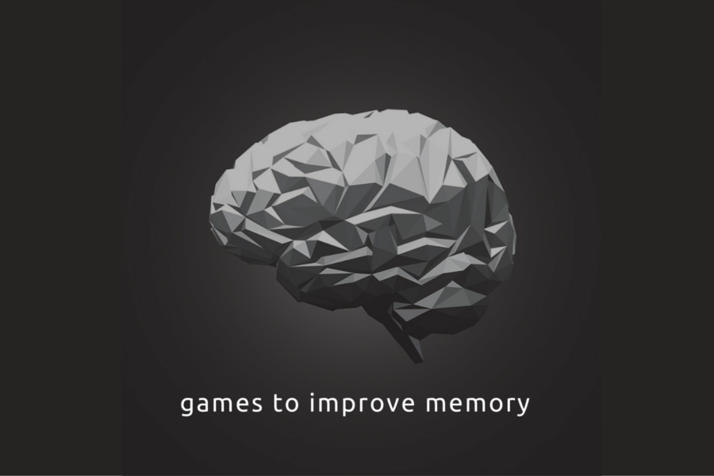Remember Playing That Memory Game As A Kid?
Most kids who go to birthday parties held at home have probably played a memory game. A tray of items is brought out. They are not related at all to one another, and participants are given 60 seconds or so to look at them. Then, the tray is taken away and they must write down as many of those object as they can remember. This is a fun game, but it has some benefits if it were to be played regularly. It in fact would help us increase our memories in general. Here is how that happens.
Brain Functions Involved in Memory
There are three parts of the brain involved in memory and all have to be in good working order if we are to remember things long-term. The prefrontal cortex is responsible for short-term memory and is the kind we use when we cram for a big test. We never move that information to the hippocampus, which is responsible for organizing long-term memories and sending them on to the cerebral cortex for storage. It’s complicated. But neuroscientists do say that we can “exercise” those part of our brains with activities so that they function better. One way to do that is to play memory games and to force all three parts of your brain to act and collaborate. When you play such games, new neural pathways are made that strengthen the connections between these three parts. And the more neural pathways you can create, the better your memory function will be.
Easy Games
- Lists: This is a game you can play with yourself. Start by making a list of several items you need to get at the store – any store. Put the list away and do your shopping for memory. Once you get pretty good with several items, keep making longer lists for yourself. These are important activities to keep connections (neural pathways) clean.
- Draw maps: When you travel someplace new be mindful of the route you take to and from. After you return home, draw a map of the route that you took. This will connect the sight function of your brain with your memory function. Improving the cooperation between your sight and memory will help you remember other things that you see.
- Association: Years ago there was a biology professor who taught the general education required course. His classes had up to 70 students in an auditorium. On the first day of classes, he had the student line up outside the auditorium and come in one by one. He asked for their names and check them off his attendance list. Two days later when the class met again, he did the same thing. This time as the students entered he called each one by his/her first name. As he explained to the students, he used association to remember each name and played this game with himself at the beginning of each semester. Next time you are at a party or other gathering where you will be introduced to strangers, try this memory game. When you are given the name of a stranger, try to find some way to associate that individual with something they have on or with some physical characteristic. If for example, you meet a “Bill,” and he has on a green shirt, think of a dollar bill.
Using association is also a great trick for remembering tough vocabulary words. While the terms urban and rural may not be tough for you, here is a simple example of how you can remember which refers to “country” and which refers to “city.” The word rural starts with an “r.” Think of the word “rooster.” Roosters are found in the country. You will now associate the word rural with rooster, and you have those terms cemented in your memory permanently.
- Another game for remembering lists of things is kind of fun. When you have to memorize a list of things for a test or you need to remember the order in which things occur, you can make up silly phrases and sentences. Everyone probably remembers the sentence, “Please excuse my dear Aunt Sally.” This is the sentence used to remember the order of operations in math problems – parentheses, exponents, multiplication, division, addition, subtraction.” When your list of items from #1 gets too long, use this technique instead.
- Learn to Play Bridge: Bridge is a game of strategy, of course, which is another great mental activity to stimulate. But it also requires that you remember every card that has been played as it is played.
- Concentration: This is another card game which is great for all ages. Cards are placed face down in rows. Players try to remember where cards are as they are turned over and then turned back face down. If you have not played concentration in a long time, you should try it. This game will exercise your short-term memory and keep those neural connections clean.
- AARP Games: ARP is an association for retired people. However, they have many resources on their site, and one of those is a large group of games for memory. Some of these are tough, so be prepared. The cool thing about the games is that you are given exactly which parts of your brain are being activated as you play the memory games. Here is the link for games.
- Lumosity is a great sight for brain games, and you can select those that relate directly to memory. You have to set up an account but it is free, and the games are really challenging (you can choose levels) and engaging.
A good memory will serve you well all of your life. It is important to develop techniques and strategies as well as to play memory games often. You need to keep those neural pathways clean and to create new ones if you are going to remain mentally sharp!








